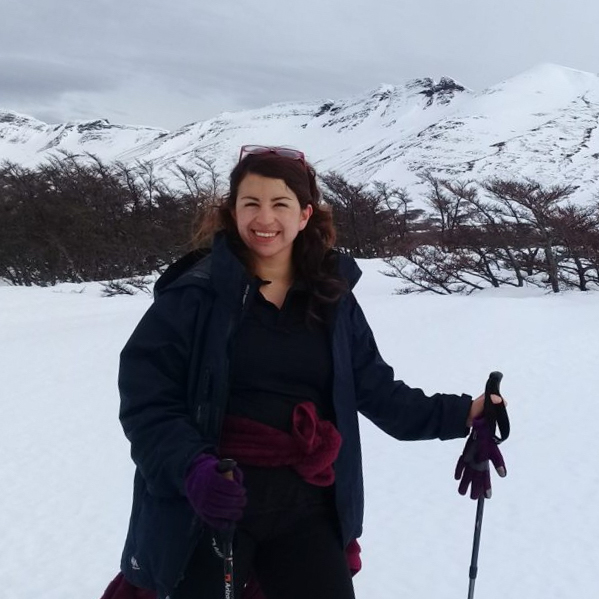
Alejandra Mora Soto
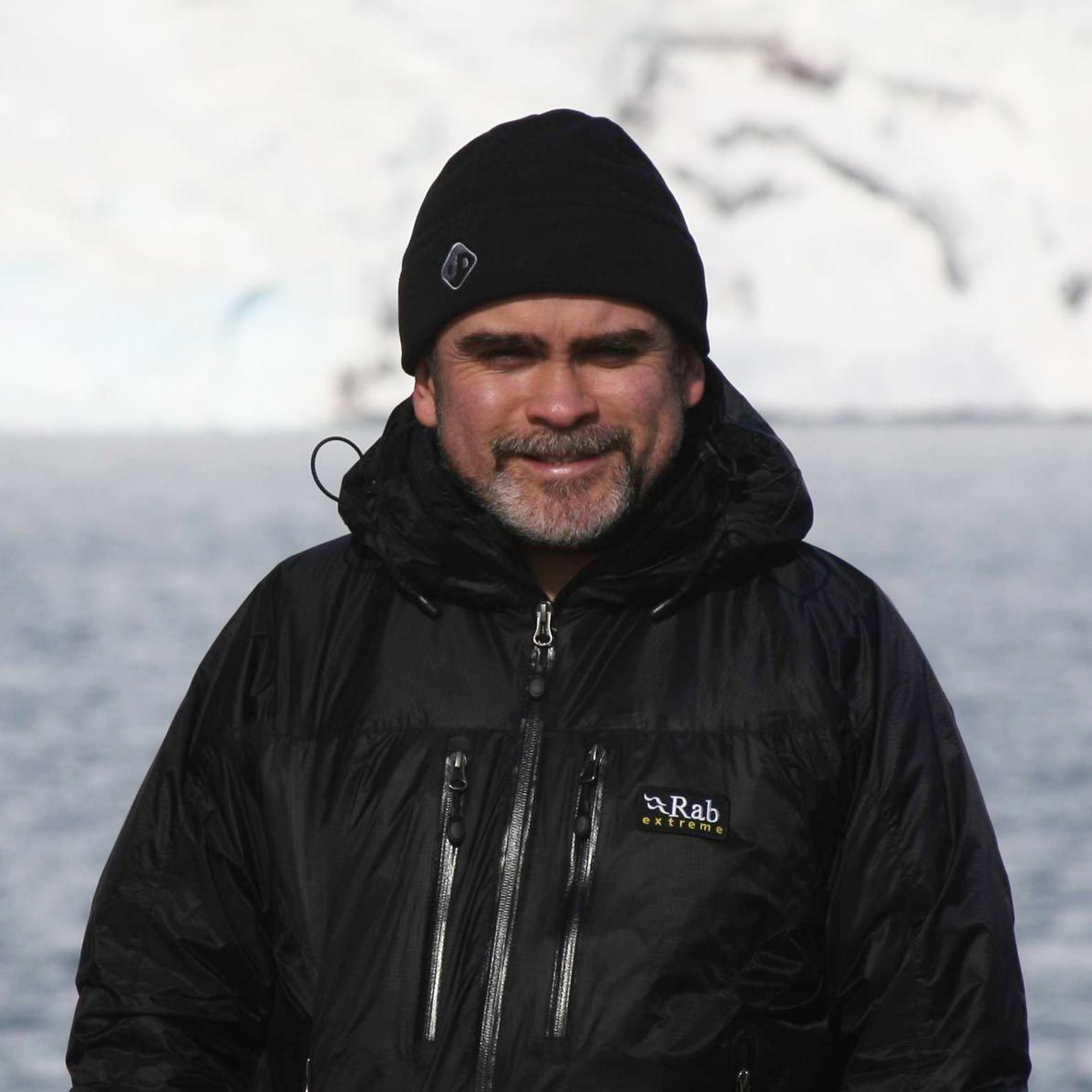
Alex Rogers
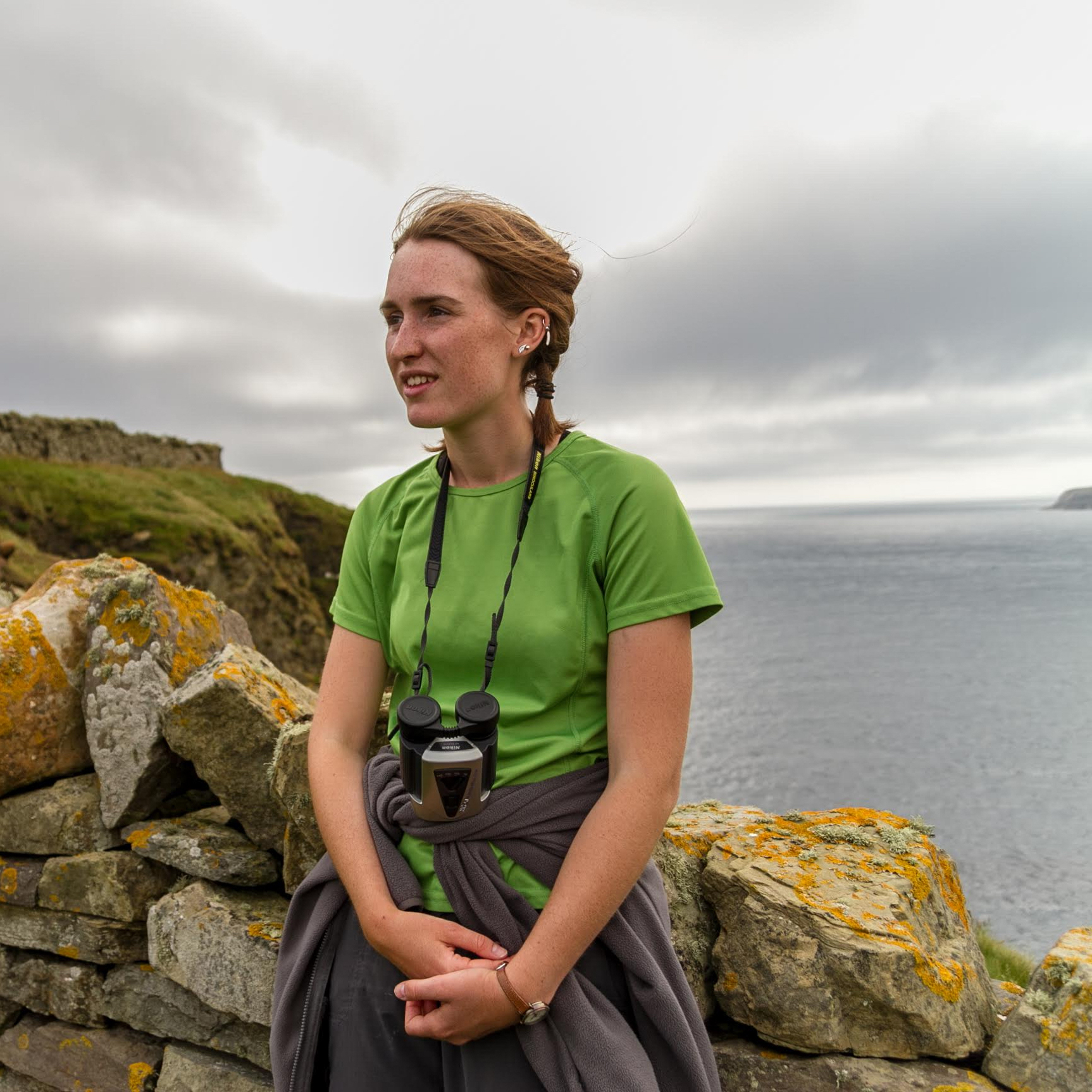
Alice Edney
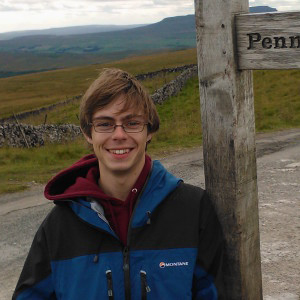
Andrew Martin
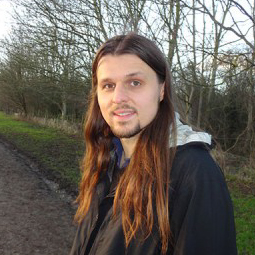
Andrew Wells
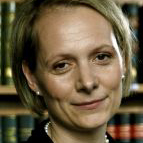
Antje Weisheimer

Bétina Frinault
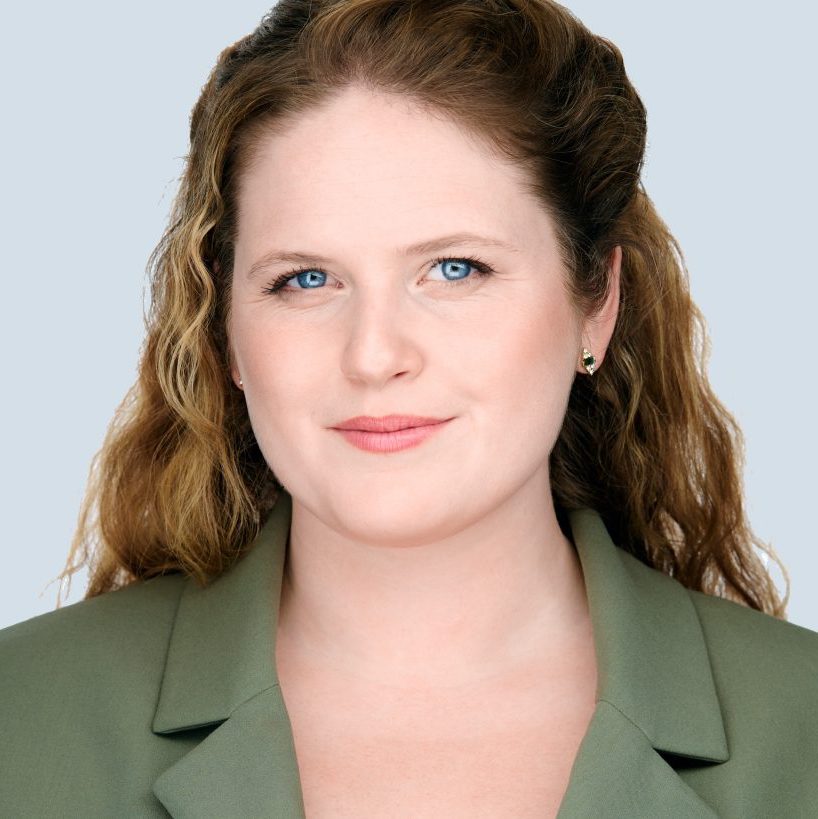
Charlotte Chamberlain
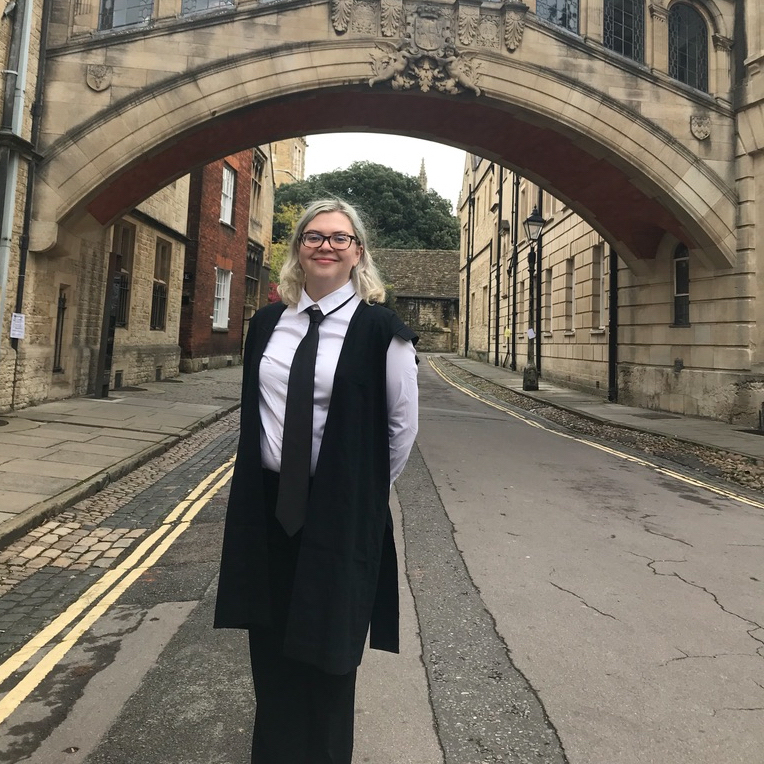
Chloe Kaczvinsky
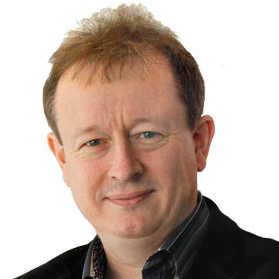
Chris Huntingford
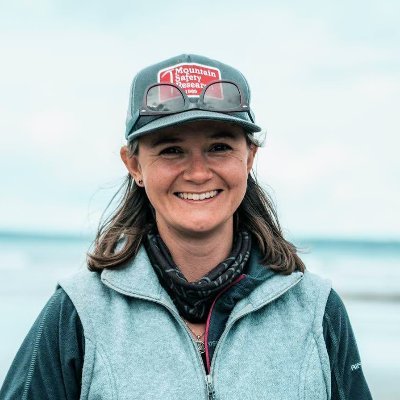
Claire Nichols
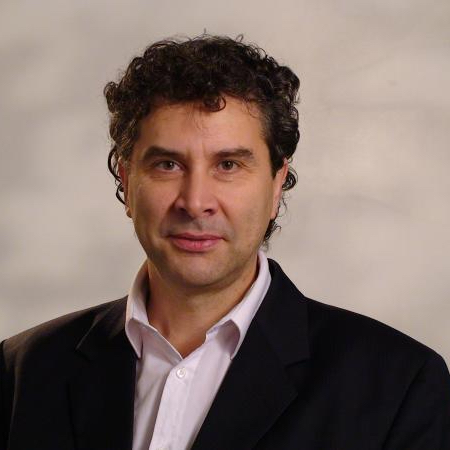
Corneliu Bjola
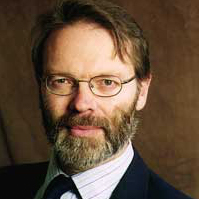
David Macdonald
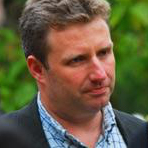
David Marshall
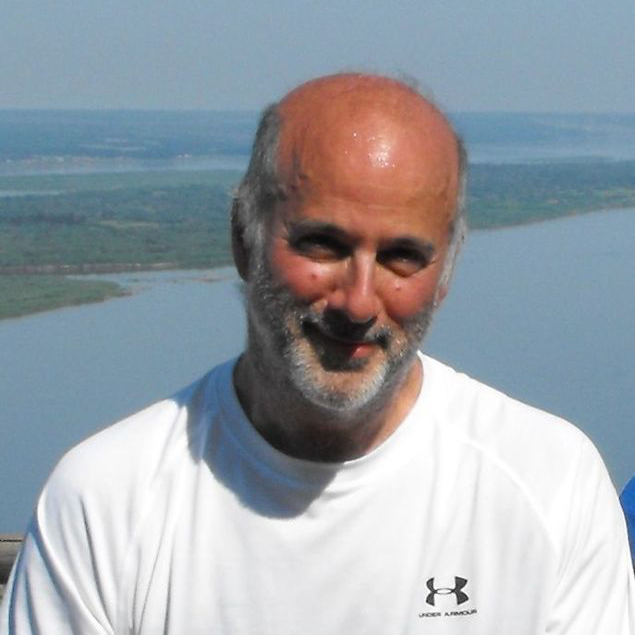
Don Porcelli
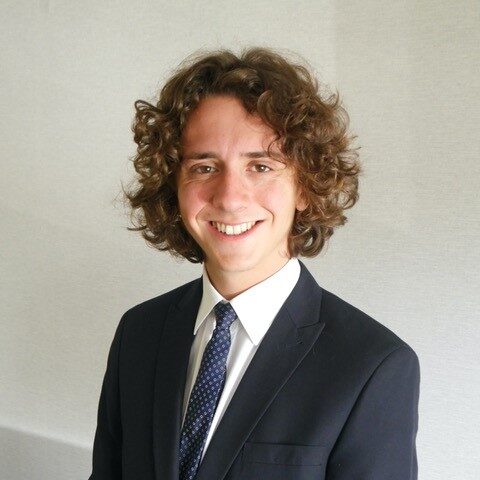
Edward Rhŷs Jones
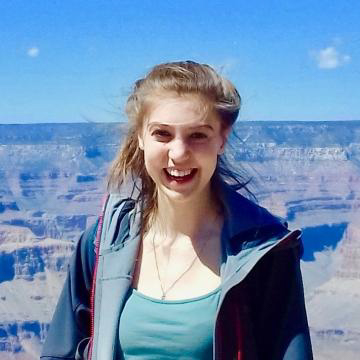
Eleanor Thomson
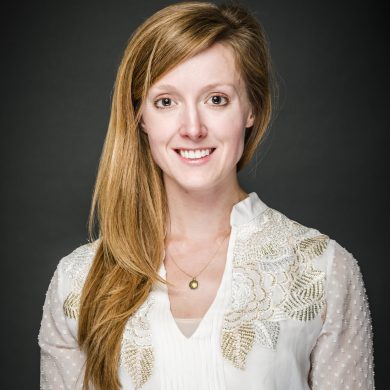
Erin Saupe
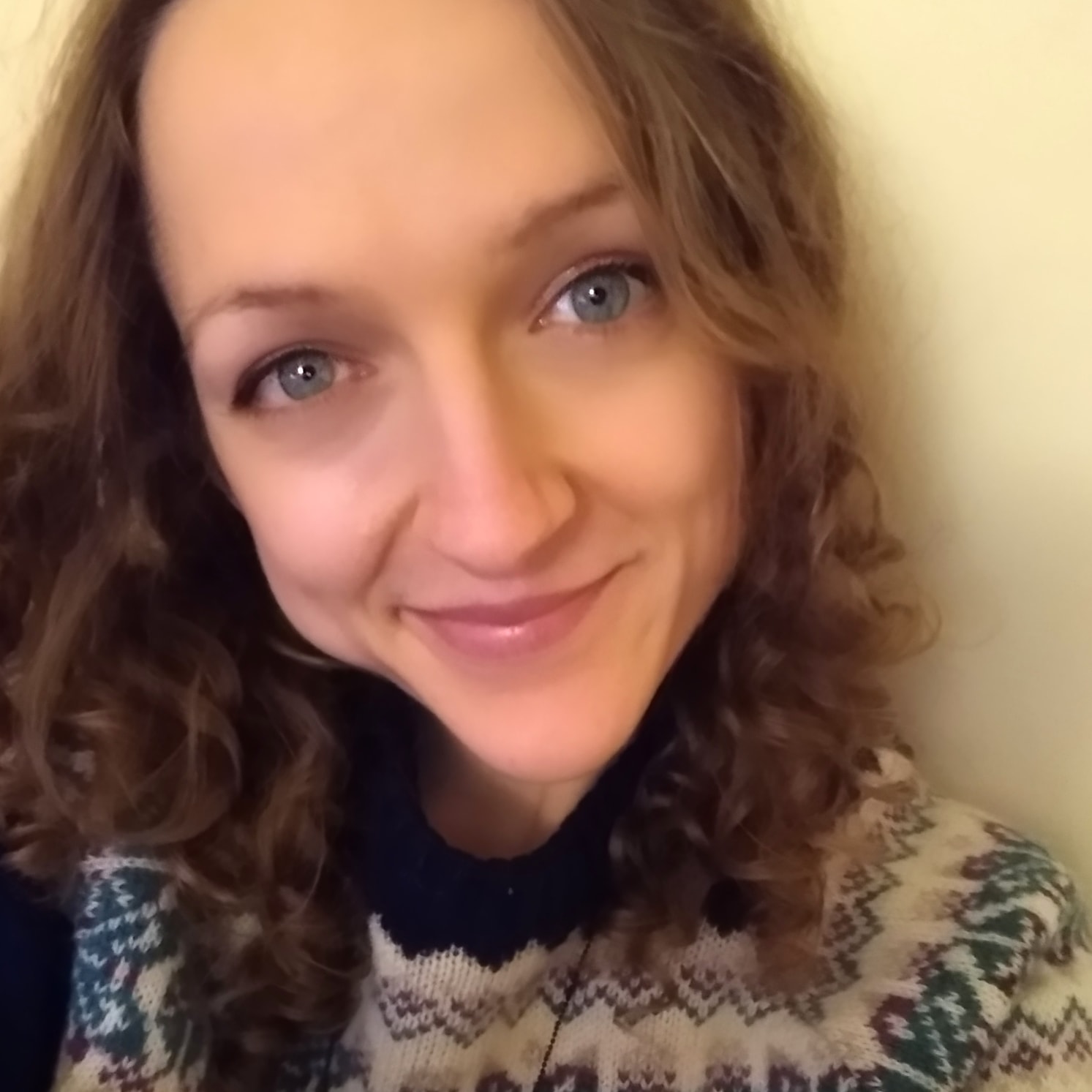
Georgia Hole
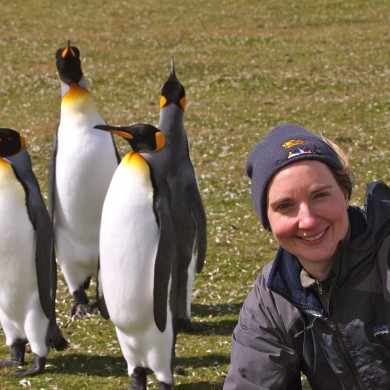
Heather Bouman
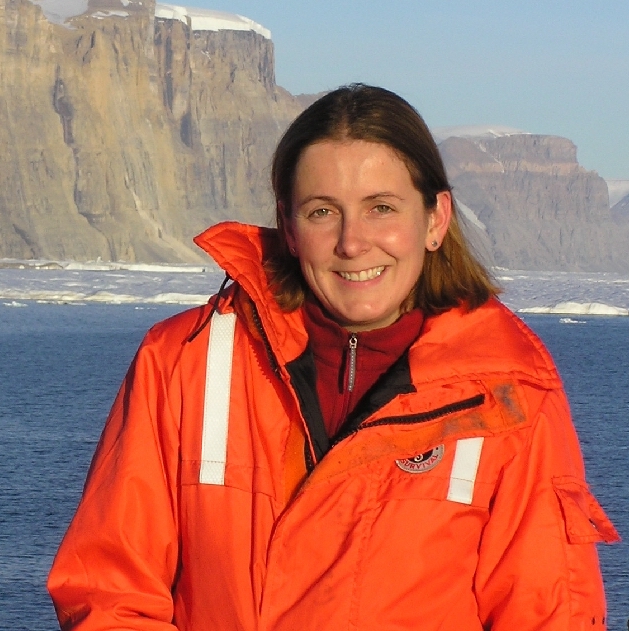
Helen Johnson
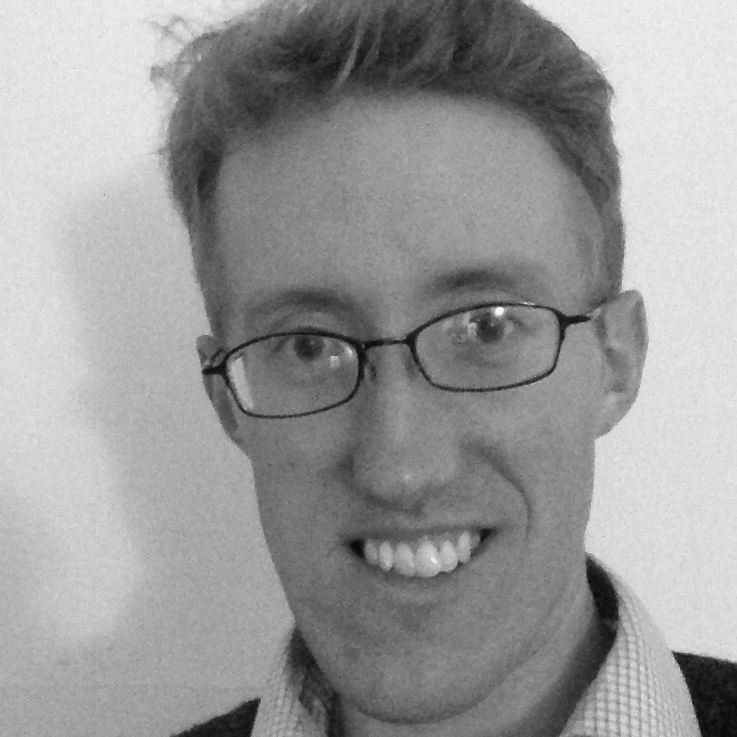
Ian Hewitt
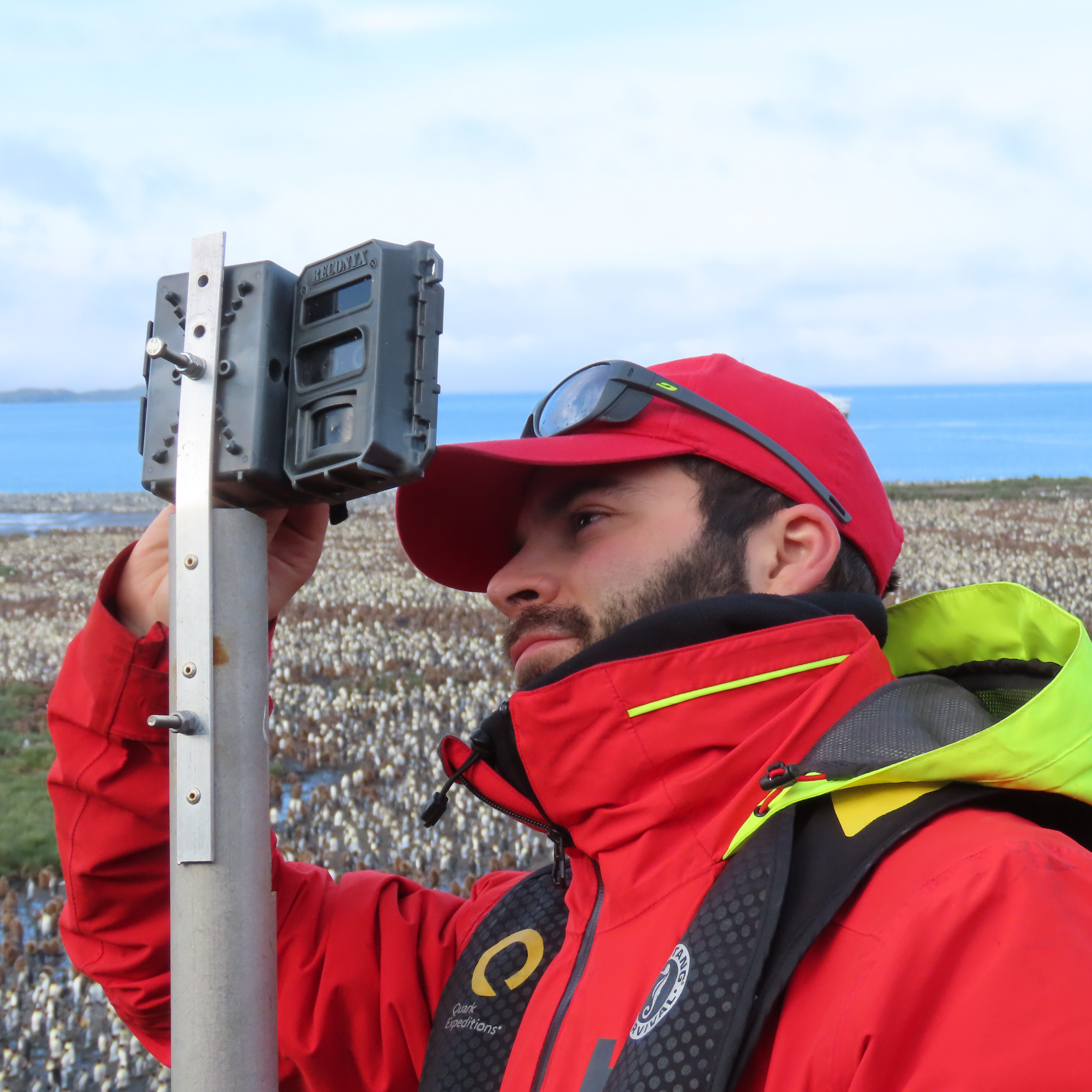
Ignacio Juárez Martínez

Jeppe Aagaard Kristensen
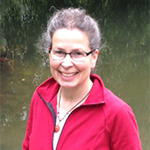
Jocelyne Hughes
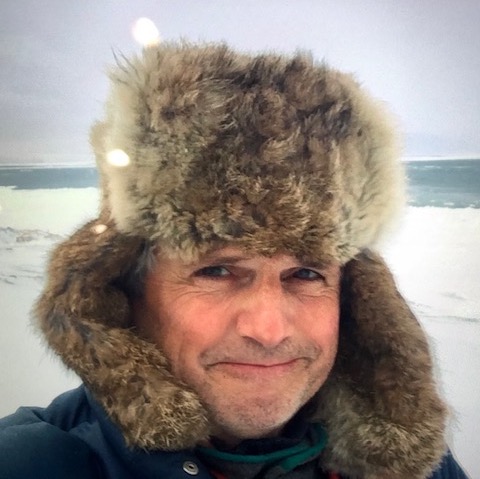
Kevin Rattue

Kunhui Ye
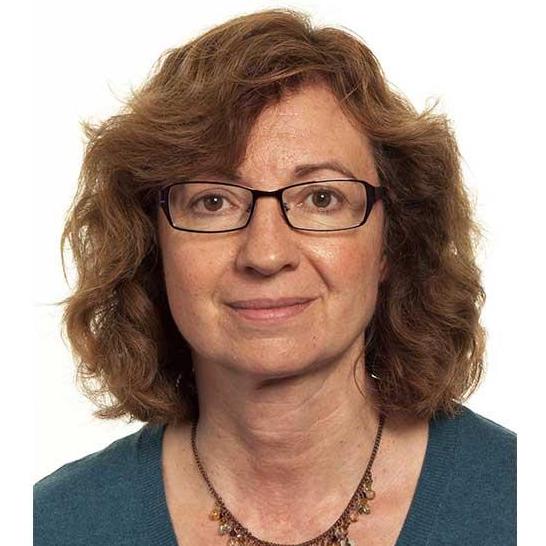
Lesley Gray
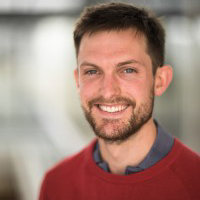
Luke Jackson
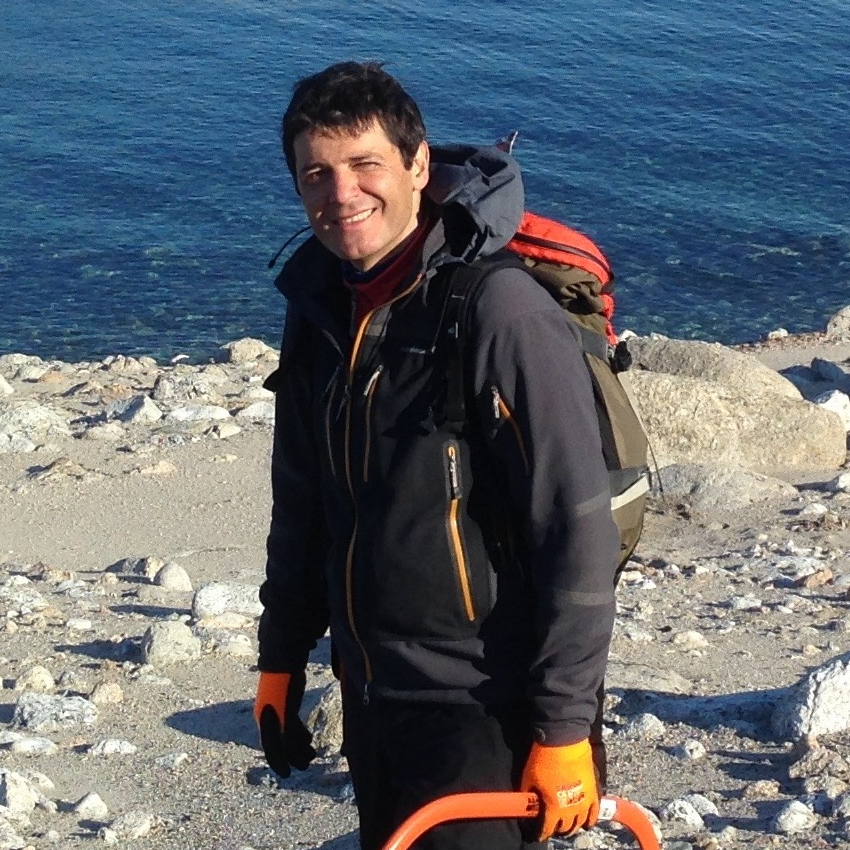
Marc Macias-Fauria
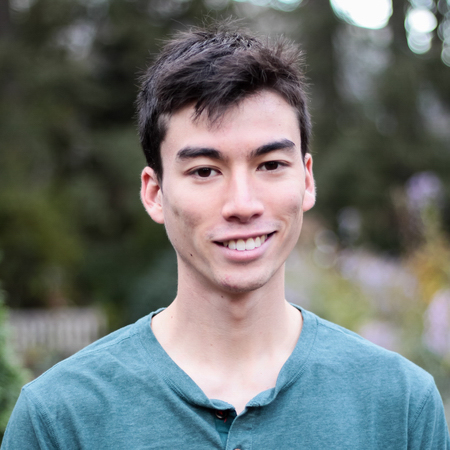
Marcus Spiegel
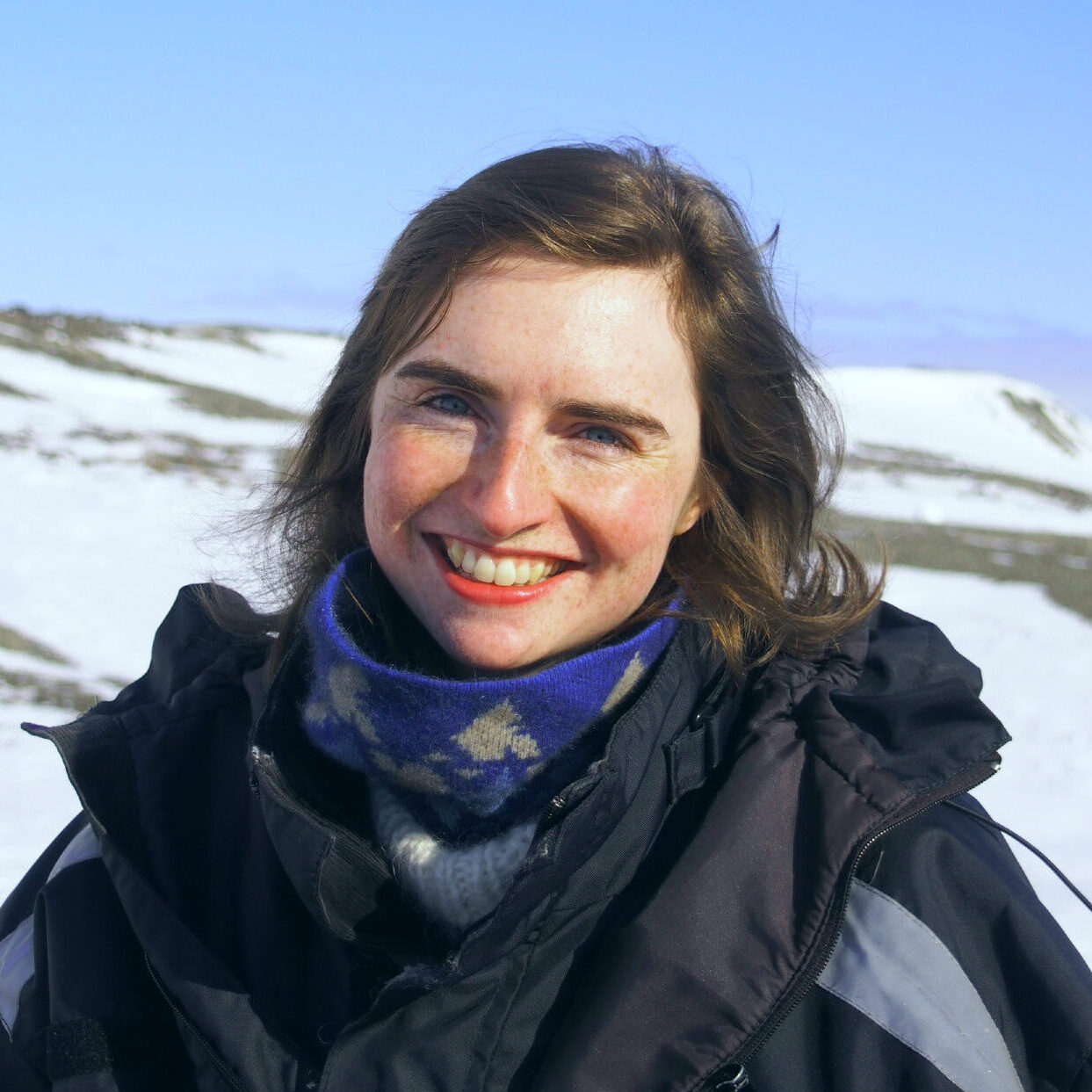
Maria Dance
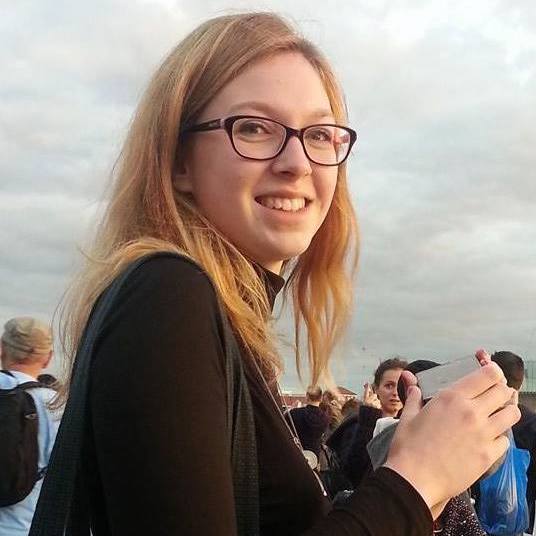
Matilda Becker
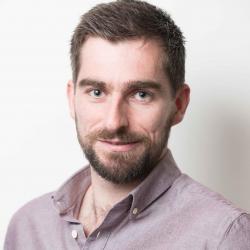
Michael Coughlan
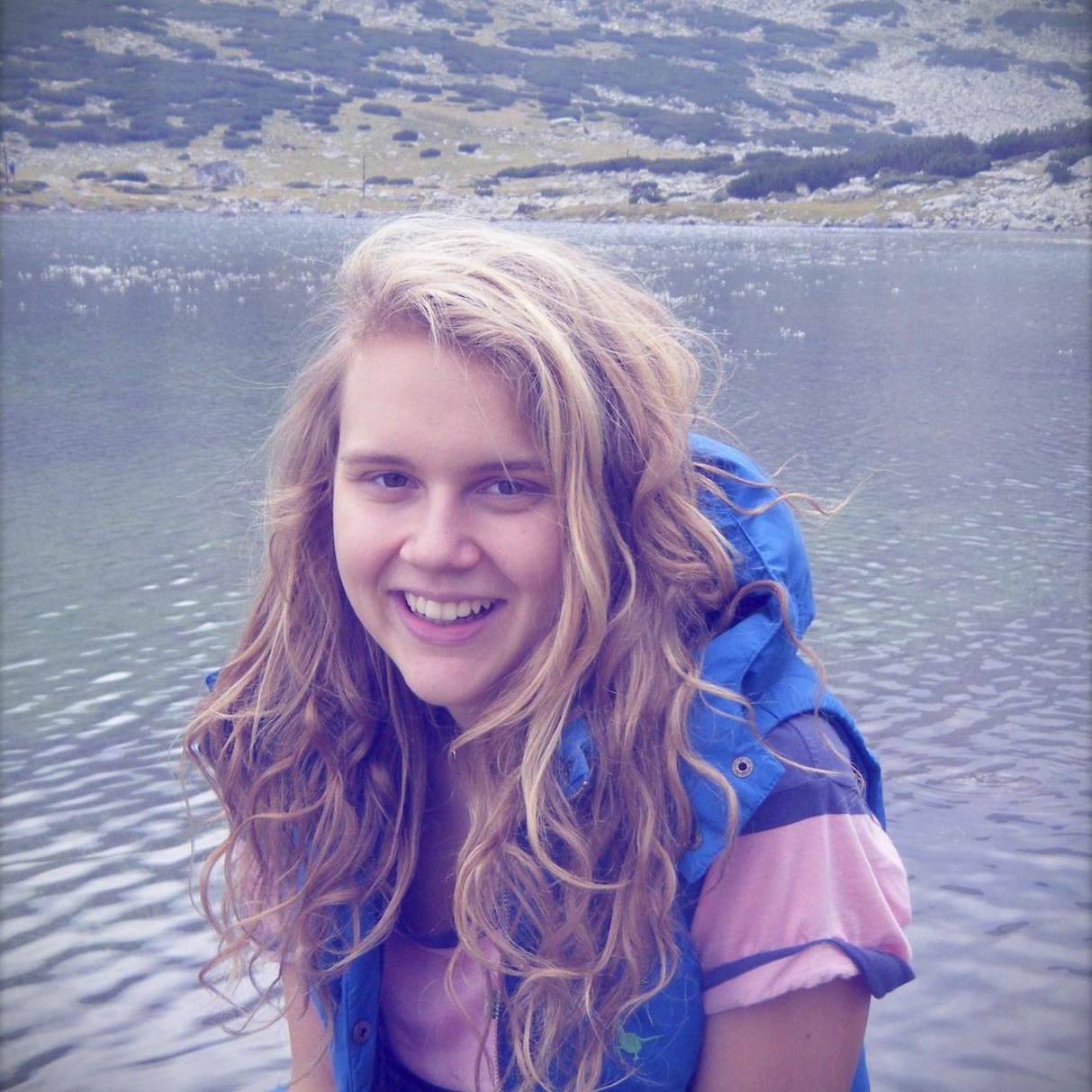
Michaela Peykovska
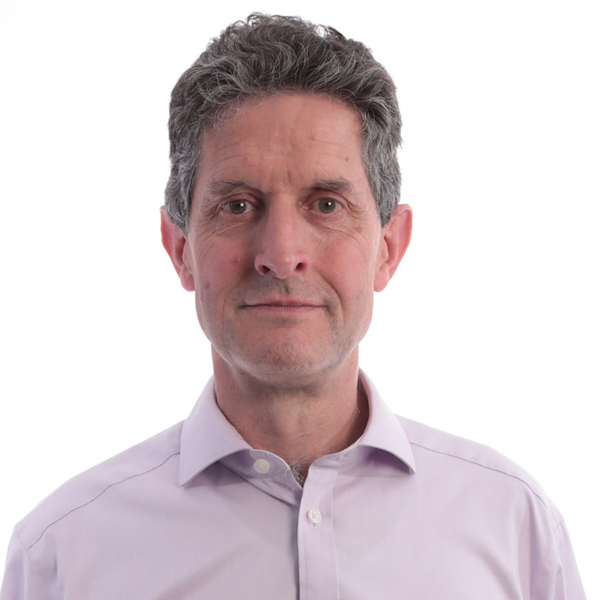
Myles Allen
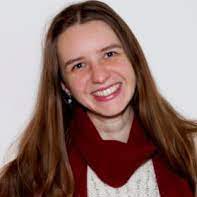
Nadezhda Mamontova
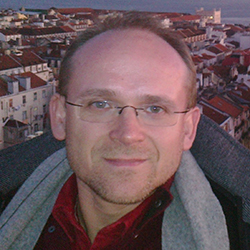
Neven Fučkar
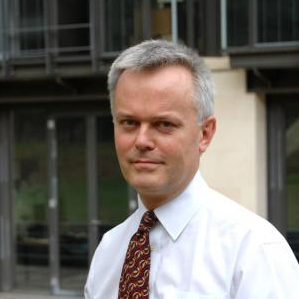
Nigel Bowles
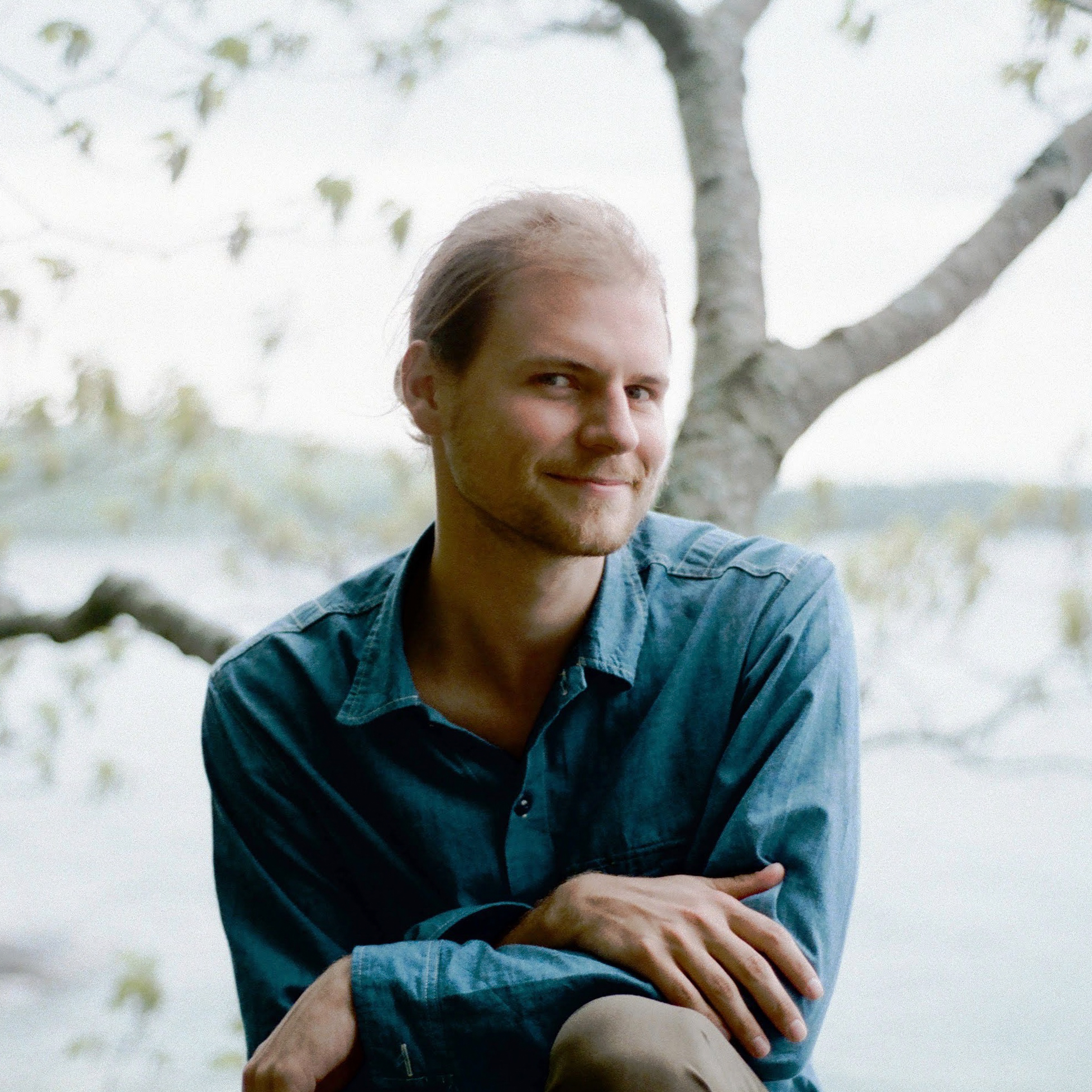
Oscar Hartman-Davies
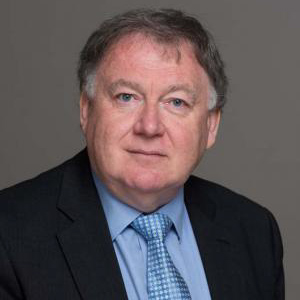
Paul Smith
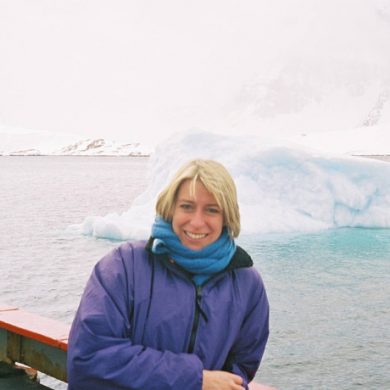
Ros Rickaby
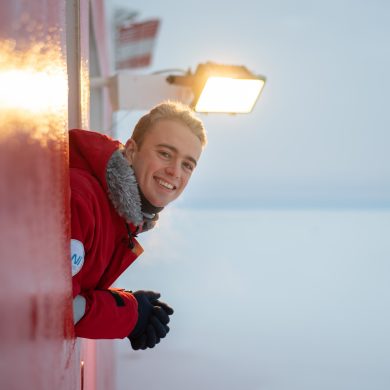
Sam Cornish
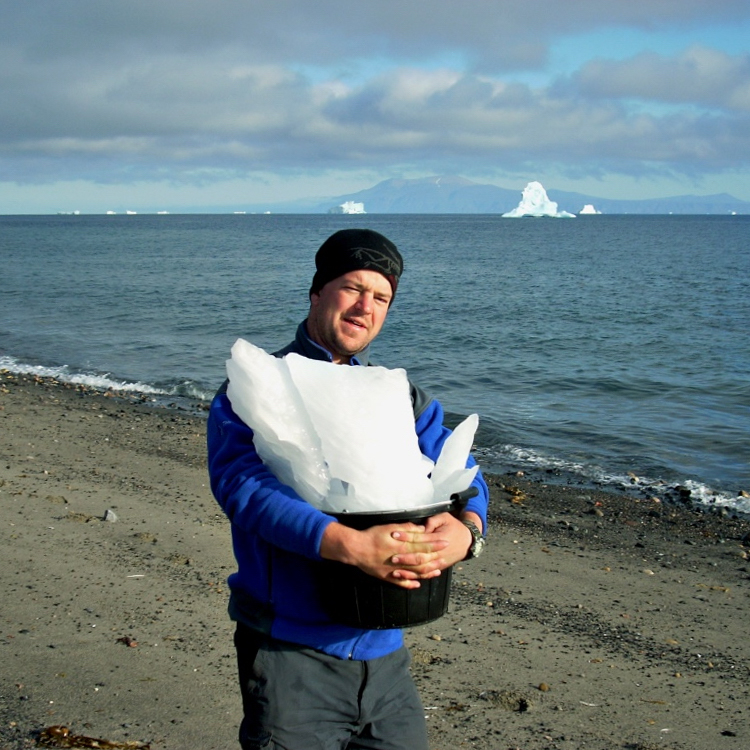
Stuart Robinson
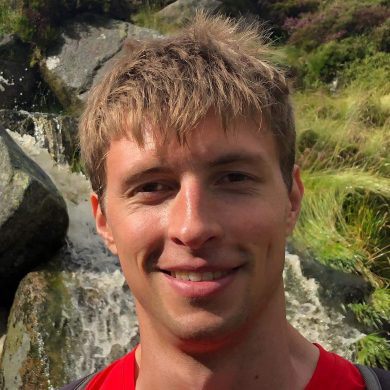
Thomas Hudson
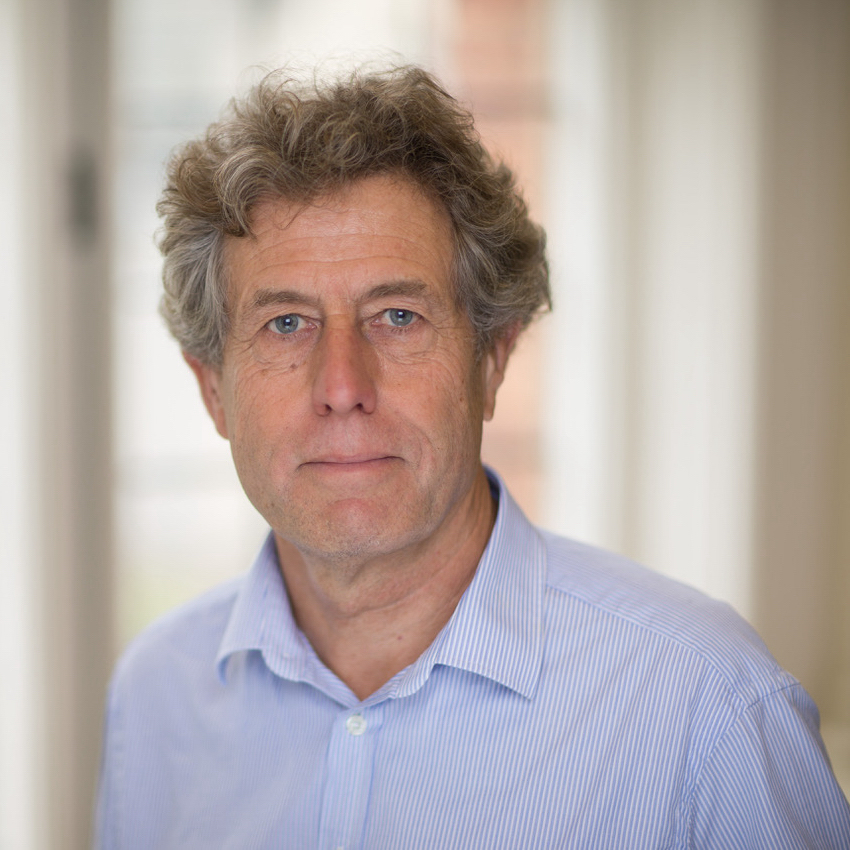
Tim Palmer
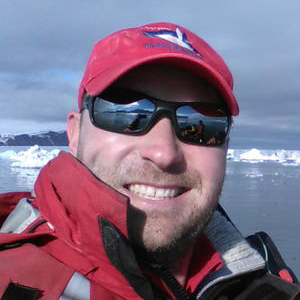
Tom Hart
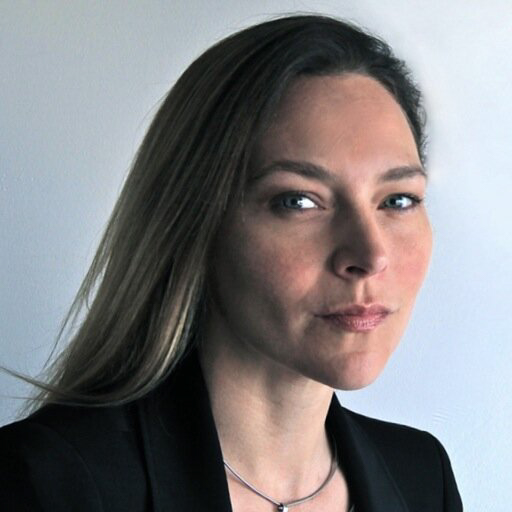
Trista Patterson
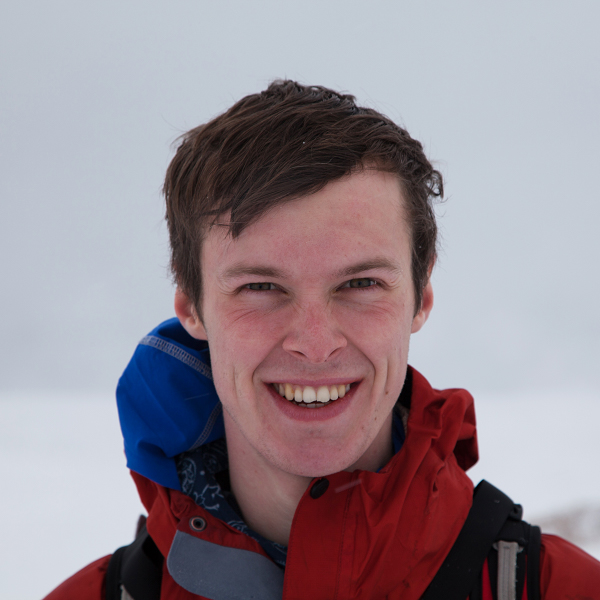
William Hartz
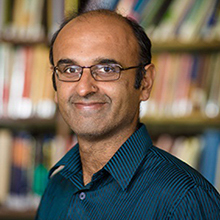
Yadvinder Malhi
No Results Found
Alejandra Mora Soto
Alejandra’s research concerns the biogeography of giant kelp forests, an ecosystem extending along the temperate coastlines of the Southern Ocean and the west coast of North America. Specifically, her research is about a) mapping the global coverage of this ecosystem, b) understanding the abiotic factors and patterns of the presence of kelp forests c) exploring the differences between kelp forests in different ecoregions and landscape units, and d) monitoring the seasonal and long-term fluctuations of kelp for each ecoregion. This research has its focus in the southern coastline of South America.
Alex Rogers
Alex is fascinated by the diversity, ecology, conservation and evolution of marine species. He has special interests in the deep sea, particularly seamounts, cold-water corals and chemosynthetic ecosystems. He employs molecular tools and traditional methods of taxonomy to study the evolution of marine organisms at a range of temporal and spatial scales.
These encompass current environmental factors influencing genetic structure of populations, to historical events associated with past climate change that have shaped the current biota of the oceans. Alex is deeply concerned about the impacts of human activities on the oceans and in this respect works on marine policy. He has undertaken projects for the UN International Seabed Authority, UN Division of Oceans and Law of the Sea, the IUCN and with the G8+5 Global Legislators Organisation for a Balanced Environment (GLOBE) as a Commissioner for the Commission on Land Use Change and Ecosystems. He is also Scientific Director of the NGO the International Programme on State of the Ocean and has also worked for other NGOs including the WWF, Greenpeace and the Deep-Sea Conservation Coalition.
Andrew Martin
Andrew has wide-ranging interests across biogeography and biodiversity conservation. He is primarily interested in how biodiversity science can be informed by long-term records of environmental and ecological change. He is interested in research that utilises stable isotope analysis, dendrochronology and species distribution modelling.
Andrew Wells
I am interested in fluid mechanics and thermodynamics, motivated by geophysical processes. My work uses mathematical and numerical methods to develop theoretical models, informed by analogue laboratory experiments. Current research areas include the physics of sea ice, interaction of ice sheets and glaciers with the ocean, and turbulent buoyancy-driven fluid flow.
Antje Weisheimer
Ante is Senior Research Fellow of the National Centre for Atmospheric Science (NCAS) and a co-leader of the Predictability of Weather and Climate group. Her main research interests are model-based weather and climate forecasts and the uncertainties associated with them.
Areas of interest:
- Predictability and reliability of weather and climate on time scales of days, weeks, months, seasons and years
- Assessing model uncertainty in weather and climate forecasts
- Seamless prediction of weather and climate
- Multi-decadal variability in the climate system and its predictability
She holds a joint position as a senior scientist in the Research Department of the European Centre for Medium-Range Weather Forecasts (ECMWF) in Reading where she works on seasonal forecasts.
Since 2014 she has been serving as an Associate Editor of the Quarterly Journal of the Royal Meteorological Society.
Bétina Frinault
Bétina’s research broadly focuses on marine-life, population and community exploration, and conservation ecology of marine environments. She is interested by all regions from shores to continental shelves, and to the high seas and areas beyond national jurisdictions. As a member of the “Weddell Sea Expedition 2019” she is also investigating fauna, ecology, and environmental parameters of marine ecosystems found in environs of the Larsen C ice shelf, Antarctica.
Charlotte Chamberlain
Charlotte is a barrister and researcher, specialising in Canadian and international public, environmental, Indigenous, and human rights law. As an MSc International Human Rights Law candidate, Charlotte’s research will consider the application of international environmental and Indigenous rights law to Arctic law and governance.
Chloe Kaczvinsky
Chloe is interested in polar environments and ecology, especially in the context of molecular evolution and population genetics and the impact of these factors on species conservation.
Chloe is drawn to the intersection of scientific and biological research and public policy, focusing on climate change and conservation. She has previously worked on population genetics and disease ecology focusing on tick populations and Lyme disease in the northeastern United States. For her master’s degree she focused on the co-evolution of butterflies (Nymphalidae) and their host plants and the phylogenetics of Nearctic aphids (Aphididae). For her doctorate, she is working with Adrian Smith and Tom Hart to examine the immunogenetics and ecology of gentoo penguins (Pygoscelis papua).
Chris Huntingford
Chris Huntingford’s research is mainly about the evolving climate system, and trying to help with the effort of determining how this might alter as levels of atmospheric greenhouse gas concentrations rise. One interest at the moment is if a particular part of the Earth system can be described in terms of differential equations, then is there any chance that these equations can be picked apart analytically to tell us details of expected future change? Global Circulation Models (GCMs) provide our best tool to determine expected future alterations to meteorological conditions. However their complexity means in some regards, they are “black boxes” that are difficult to understand in full. A related interest is how we may be able to re-interprete the CMIP5 database to learn more about robust features across the range of climate models available.
Claire Nichols
Claire Nichols uses magnetism as a novel tool to understand Earth and planetary formation, the environment of early Earth and planetary habitability. Earth has undergone billions of years of complex physical and chemical evolution leaving many questions about its earliest history unresolved. By interrogating the magnetic signals preserved by ancient terrestrial and extraterrestrial materials much insight can be gained as to how our solar system and planet formed and how life subsequently emerged. Claire combines synchrotron and electron microscopy techniques with rock magnetism, paleomagnetism and fieldwork in an attempt to understand planetary formation and Earth’s earliest history.
Corneliu Bjola
Corneliu Bjola received his PhD in Political Science from the University of Toronto (2007) and previously taught and conducted research at McMaster University and the University of Toronto. He was a research fellow at the Woodrow Wilson International Center for Scholars and a Visiting Fellow at the Australian Defense Force Academy (2012) and China Foreign Affairs University (2016).
His current research interests relate to the impact of digital technology on the conduct of diplomacy with a focus on strategic communication and digital influence as well as on theories and methods for countering disinformation and propaganda.
David Macdonald
Prof Macdonald is interested in the scientific underpinning of practical and policy solutions to problems in wildlife conservation. Although his background is in the behavioural ecology of mammals, his research currently spans taxa ranging from mammals to moths, and is inter-disciplinary (including teams involving environmental economics and the social sciences). Much of his research is stimulated by conflict between people and wildlife, whether it be through predation, infectious disease or invasive species.
David Marshall
David is a Physical Oceanographer in the Department of Physics, University of Oxford, and is interested in the fluid dynamics of the global ocean circulation. David’s work spans a wide range of scales, from meters to global, and days to millennia. He uses a range of approaches including pen and paper, computational models and observations.
Don Porcelli
Don’s research has been focused on understanding a range of processes in the Earth Sciences using trace element distributions and isotope ratios, both with laboratory measurements and quantitative models. This includes research in:
- The origin of volatiles in the terrestrial planets and their distribution within the Earth using noble gas isotopes and models of planetary growth and interior structure.
- Weathering, water-rock interaction, and aqueous transport using naturally occurring radionuclides in the U and Th decay series and a range of trace metal stable isotopes.
- The geochemistry of the Arctic Ocean to trace the circulation and behaviour of terrestrial inputs, to identify sediment-water interactions in coastal regions, and to quantify the fluxes of terrestrial carbon.
- The geochemistry of the Lena River of eastern Siberia that supplies nutrients and trace metals to the Arctic Ocean, and which drains a vast area underlain by permafrost subject to substantial changes during climate warming.
- The isotopic changes in trace elements due to weathering, water-rock interactions, and microbial processes, as the basis for developing methods for tracing environmental processes.
- The reconstruction of paleoenvironments in depositional basins using isotopic signatures found in sediments, including redox conditions and the sources of deposited material.
Don is coordinator of the EC Marie Curie Initial Training Network MetTrans (Metal Transport in the Environment).
Edward Rhŷs Jones
Ed is an MPhil student at the Oxford School of Global and Area Studies and St Antony’s College who focuses on the Arctic from an Area Studies perspective. His research looks at East Asian interests and policy in the High North, and focuses on Japan’s observer membership of the Arctic Council with fieldwork conducted in Hokkaido and Tokyo, Japan (with further input from Arctic stakeholders).
Ed has previously worked as an intern and, later, communications coordinator with Arctic Circle, an international platform for trans-Arctic dialogue with a Secretariat based in Reykjavík, Iceland.
Erin Saupe
Erin Saupe is a palaeobiologist working to investigate interactions between life and environments over geological time scales. Research in the Saupe Lab addresses fundamental questions on the origin, maintenance, and conservation of biological diversity. More specifically, they integrate biological data with information from the fossil record to elucidate the controls on community and species’ responses to environmental change across various spatial and temporal scales. The Saupe Lab also focuses attention on the newly-emerging field of conservation palaeobiology, which applies deep-time information to current problems of species conservation. Their work in this field provides vital information for assessing how current and future climate change will impact the Earth’s biodiversity. In general, the Saupe Lab’s research is question- rather than methods-driven, but they apply a diverse toolkit to investigating these lines of research, including quantitative techniques such as modelling, genetics, and environmental reconstructions.
Georgia Hole
Georgia’s doctoral research in the School of Geography and the Environment focused on the reconstruction of Holocene Arctic sea ice dynamics using driftwood, to help address important questions on past sea-ice dynamics and the coupling of sea-ice with surface currents and atmospheric circulation. The research also feeds into further environmental research on proxy-model comparisons of sea-ice and climate.
With an interdisciplinary background, Georgia’s interests combine investigating Earth processes and environments alongside communicating science and policy around the protection and preservation of the world’s climate, ecosystems and biodiversity. She currently works for the Nature-based Solutions Initiative; focusing on evidence synthesis and the communication of the Initiative’s work to address global societal challenges that deliver benefits for people & biodiversity.
Heather Bouman
Heather’s interests are in understanding and quantifying marine phytoplankton production on a global scale. Her approach is to combine field observations with satellite remote sensing to improve knowledge of the factors governing the taxonomic structure and biogeochemical function of phytoplankton communities. She is also interested in exploring the utility of marine bio-optics and molecular biology as tools for monitoring the ecological and physiological dynamics of marine ecosystems.
Helen Johnson
Helen is Professor of Ocean and Climate Science in the Department of Earth Sciences. She works to improve our understanding of ocean circulation and the role it plays in the climate system, using fluid dynamics theory, simple and state-of-the-art numerical models and ocean observations. She is particularly interested in the dynamics of the Atlantic and Arctic Oceans. Helen is currently academic convenor of the Oxford Climate Research Network (OCRN, www.climate.ox.ac.uk) which pulls together all those at the University of Oxford with a research interest in climate.
Ian Hewitt
Ian is an applied mathematician, using mathematical models to investigate a range of scientific problems. Much of his research relates to geoscience – a particular focus is on glaciers and ice sheets and their interaction with the climate system.
Ian’s research interests include fluid dynamics, glaciers and ice sheets, industrial mathematics, fluid-structure interactions, and multiphase problems.
Ignacio Juárez Martínez
Igancio’s current research makes use of technological advancements for the acquisition of biologically-meaningful data to be used for conservation. He uses time-lapse imagery from camera-trap data in order to monitor the breeding ecology of penguin colonies all over the Antarctic Peninsula and Subantarctic Islands. The plan is to not only study penguins from a conservation perspective but also to include their behavioural ecology in order to understand how can the different threats impact their populations.
Jeppe Aagaard Kristensen
Dr Kristensen is an ecosystem scientist studying the interactions between biotic and abiotic components of the Earth System. He has in recent years become increasingly interested in the role large mammals play in shaping their own physical, chemical and biological environments, i.e. as ecosystem engineers. As he also wants to make a difference outside academia, he has started collaborations with groups in Oxford (UK), Aarhus and Copenhagen (DK) to reveal the potential of megafauna rewilding for achieving climate goals while also preserving or possibly increase biodiversity.
Jocelyne Hughes
Jocelyne’s research focuses on understanding and quantifying the ecology, hydrology and management of wetlands and freshwater habitats. She has particular interests in the ecological role of micro hydraulic environments provided by aquatic plants in rivers and wetlands; water and nutrient cycling in wetlands; wetland vegetation dynamics; constructed wetlands; biogeography of aquatic plants; non-native freshwater species; freshwater ecosystem services; and the conservation of freshwaters. She is involved in a number of digital teaching projects and public engagement initiatives for wildlife conservation.
Jocelyne is the Course Director for the MSc/MPhil in Water Science, Policy and Management.
Kevin Rattue
Kevin is a recent D.Phil. graduate who completed his degree in 2021. He was a postgraduate member of St Edmund Hall.
Kevin’s other degrees: MBA (B’ham), M.Sc. Hydrogeology (B’ham).
Research interests:
Environmental governance in the Canadian High Arctic and the protection of Nunavut coastal communities from potential adverse impacts of offshore oil spills.
Current Position: Director, SLR International Corporation, Seattle, WA. – Global environmental advisory and consulting firm.
Recent Presentations:
Ethics in the Global Environment,The Annual Conference of the Centre for the Study of Global Ethics, 26-27-28 May 2021.
Kunhui Ye
Kunhui works on mid-high latitude climate dynamics and variability and has a keen interest in understanding the interactions between land surface (soil moisture and seasonal snow), atmosphere, ocean and sea ice. One recent research area is Arctic warming and linkages to lower latitudes. Kunhui graduated from The Chinese University of Hong Kong in 2016 and was a postdoctoral researcher at Alfred Wegener Institute and Uppsala University between 2017 and 2021, starting at the current position in November of 2021.
Lesley Gray
Prof. Lesley Gray is a Senior Research Scientist of the National Centre for Atmospheric Science (NCAS). Her expertise is in understanding and modelling dynamical processs in the stratosphere and their impact on surface weather, with an emphasis on natural variablilty. This includes studies of sudden stratospheric warmings, polar vortex events, the quasi biennial oscillation (QBO), semi-annual oscillation (SAO) and the impact of explosive volcanic and the 11-year solar cycle.
Professor Lesley Gray has been elected President of the Royal Meteorological Society. Currently vice-president, she will take up the presidency for two years from October 2022 and, as is customary, assume the role of vice-president again for a further year after that.
Luke Jackson
Luke’s research focusses on understanding the interaction of human activity and climate change: empirical modelling of energy balance systems The project concentrates on developing econometric methods to augment climate-economic research by helping disentangle complex relationships between human actions and climate responses and their associated economic effects, masked by stochastic trends and breaks. This will lead to an improved understanding of the impact of humanity on climate and vice versa, on how econometrics can be used in climate-economic research, help create more accurate historical climate records, and reduce uncertainty in socio-economic scenarios for long-run predictions of the resulting climate damages.
Marc Macias-Fauria
Dr Marc Macias-Fauria is an ecologist who focuses on cold environments. His research is mostly directed at understanding the coupling of physical and biological systems (biogeoscience). He employs long-term ecological records and modelling to understand ecological and biogeographic processes as they are constrained by the physical environment.
He gained a degree in Biology at the University of Barcelona, an MSc at the Department of Biological Sciences, University of Calgary, and a PhD at the Department of Geology (now Department of Geosciences & Geography), University of Helsinki, where he studied the climate controls on boreal forest wildfires, tree-growth, and insect outbreaks.
Maria Dance
Sea ice is an important seasonal habitat and dispersal corridor for many Arctic species and is a major geographic barrier for others, both marine and terrestrial. It affects population dynamics, species distributions, and species interactions. Maria’s research tests hypotheses on the influence of Arctic sea ice on ice-associated species during the Holocene period (11,700 years to present) using pan-Arctic, driftwood-based sea ice reconstructions and phylogeographic data. Comparing long-term sea ice variability with species population histories will improve predictions of the impacts of climate-driven sea ice loss on species throughout the Arctic.
Matilda Becker
Matilda’s research looks at the intersection between mining, land claims processes and environmental governance in the Canadian Northwest Territories. She endeavours to combine legal and more-than-human geographies with indigenous studies, to understand the mosaic of pressures and actors directing and affecting the economic and social development of the region. She is supervised by Professor Sarah Whatmore and Dr Catharina Landstrom.
Michael Coughlan
Michael is applying network science and complex systems theory to melting processes on a glacial scale. In particular he is examining the formation and evolution of ice sheet melt ponds by modeling them as a network of individual ponds linked by channels distributing meltwater amongst them. By examining the system as a simple model like this he can determine the collective melting behaviour and how it affects the stability and break-up of ice sheets.
Myles Allen
Myles Allen is Professor of Geosystem Science in the School of Geography and the Environment, and Head of the Climate Dynamics Group in the Department of Physics. Myles’s research focuses on how human and natural influences on climate contribute to observed climate change and risks of extreme weather and in quantifying their implications for long-range climate forecasts.
Nadezhda Mamontova
Nadia’s thesis is devoted to the comparative study of spatial knowledge, language, and adaptation among the Ewenki people of Northeastern and Central Siberia. The uniqueness of the Ewenki lies in the fact that they are one of the few indigenous groups in the Arctic living in such expansive and diverse environmental surroundings as mountainous taiga, tundra, coasts and steppes. The central question of her research is how Ewenki language encodes space and landscape, and what this reveals about people’s spatial knowledge, patterns of movement, and adaptation to new environments.
Neven Fučkar
Dr Neven S. Fučkar is a climate scientist who focuses on dynamics, prediction, attribution and impacts of extreme events in a changing climate by using observations, reanalysis products, impact models, initialized predictions, and CMIP5/6 and weather/OpenIFS@home simulations. Furthermore, Neven’s research interests encompass hydrological cycle, polar processes, interaction between the climate system and the human system affecting health, food production, water resources and markets, climate-related risk assessment and adaptation, and numerical, statistical and machine learning methods. From January to May 2021, Neven was a University of Oxford OPEN fellow working on the connection of climate variability and change with human health and food systems at the Climate Change and Health Group, Public Health England. Additionally, he has been awarded a COP26 Fellowship in Climate Risk by the COP26 Universities Network.
Nigel Bowles
Prior to serving as full-time Director of the RAI, 2011-15, Nigel Bowles was for more than twenty years Tutorial Fellow in Politics at St Anne’s College, Oxford. He was previously a staff member in the House of Commons before being appointed a Lecturer in Politics at the University of Edinburgh. His intellectual interests lie in American political history and, in particular, in the history of the US Presidency. Among his publications are The White House and Capitol Hill, an exploration of the politics of presidential lobbying; and Nixon’s Business: Authority and Power in Presidential Politics, in which he examines the relationship between authority and power in five cases of President Nixon’s leadership of economic policy.
Oscar Hartman-Davies
Oscar is an environmental and cultural geographer interested in the practices and politics of environmental sensing in the European and North American Arctic. His doctoral research investigates how the Arctic has come to be known as a sentinel or ‘canary in the coal mine’ of global environmental change, applying a material semiotic approach to trace this notion and its effects across different sensing assemblages, from community-based monitoring to citizen science projects and large transnational Arctic expeditions, and their varied efforts to assemble and mobilise concerned publics.
Paul Smith
Paul Smith is Director of Oxford University Museum of Natural History and Professor of Natural History. He is also a Fellow of Kellogg College. Prior to coming to Oxford he was Head of the School of Geography, Earth and Environmental Sciences at the University of Birmingham, as well as Director of the Lapworth Museum of Geology. He has spent most of his career working in university museums in Cambridge, Copenhagen, Birmingham and Oxford.
Paul Smith’s geological research is focussed on the interactions of Earth systems and organisms from the late Neoproterozoic to the Ordovician, using a combination of palaeobiology, sedimentology and geochemistry. Specific research questions he has addressed recently include the transition from warm-water carbonates to glacial conditions at the start of the Sturtian Snowball Earth event; complex feedback loops as drivers of the Cambrian Explosion; the sequence stratigraphy of Cambro-Ordovician carbonate systems on the Laurentian margin; and the use of oxygen isotopes in conodonts to reconstruct water masses in Ordovician oceans.
Ros Rickaby
Ros is fascinated by the jigsaw of complex interactions between the evolution of organisms, ocean chemistry, atmospheric composition and Earth’s climate.
Ros leads the OceanBUG research group. Their current projects include:
- Species-specific coccolithophore response to ocean acidification
- Lifting the CAP on coccolithophore calcification: characterising acidic polysaccharides which mould the calcite liths of coccolithophores as probes of the past carbon environment
- Squelching into the fine mud: dissecting the fine fractions of sediments to read the physiological controls on the isotopes of both coccoliths and diatoms
- Characterisation of modern and ancient algal Rubisco with implications for carbon isotopes and acquisition
Sam Cornish
Sam is the Coordinator of the Polar Forum–please contact Sam to learn more about OUPF or to get involved. Sam is currently co-leading the Arctic Horizon Scan 2022, and creating a podcast, Polar Pod.
Sam is a polar scientist himself, and completed his PhD in 2021, supervised by Helen Johnson and Yavor Kostov, and funded by the NERC DTP in Environmental Research. His research concerns the changing Arctic Ocean. In particular, he studies the interactions between wind patterns, sea ice dynamics and thermodynamics, and freshwater in the ocean.
Sam is also a keen science communicator with a particular interest in audio and podcasting. He participated in the MOSAiC expedition and created a series of short podcasts that animate the science of this year-round scientific campaign in the Arctic Ocean. These can be found here: https://www.buzzsprout.com/1009144 as well as on Apple Podcasts, Spotify, etc.
Stuart Robinson
Stuart’s research focuses on the study of past environments, past climates and the impacts of major environmental change. In particular, he focuses on how components of the Earth system (e.g. climate, carbon cycling, oceanography) have operated in the geological past, with a particular interest in periods of extreme greenhouse warmth, such as the Mesozoic Era (250 to 65 million years ago) and early Cenozoic (65 to 35 Ma). Warm intervals in Earth history, characterised by an absence of large polar ice sheets, high sea levels, and major perturbations to ocean chemistry, provide examples of how the Earth system works under very different boundary conditions to the present day. Understanding the processes operating in the geological past can help inform our understanding of how our planet may evolve in the future in response to anthropogenic CO2 release.
Stuart uses a multidisciplinary approach drawing on geology, palaeontology and geochemistry to reconstruct Earth history and works closely with climate modellers. The comparison of model simulations of Earth’s past climates compared with proxy records of climate allows us to gain mechanistic insights into the workings of the Earth system. Stuart has conducted fieldwork in many parts of the world and participated in two scientific ocean drilling expeditions.
Thomas Hudson
Thomas is a seismologist, using geophysical observations, novel data processing methods and simple geophysical models to improve our understanding of fundamental earth system processes. His current expertise is primarily in elucidating geophysical processes at glaciers and volcanoes.
Tim Palmer
Prof Palmer’s research spans a wide variety of areas, from the theoretical to the practical, in issues related to the predictability and dynamics of weather and climate. On the theoretical side, he is interested in aspects of the climate system which exhibit nonlinear behaviour, for example where climatic processes on different space and time scales interact.
On the practical side, Tim pioneered the development of probabilistic weather and climate ensemble forecast systems, and worked on the application of weather and climate forecasts e.g. for malaria prediction, flood forecasting, and crop yield estimation.
Most recently, Tim’s research has focused on the notion of imprecise computing to simulate climate at extremely high resolution.
Tom Hart
Tom’s research centres around how to monitor penguins and other marine predators in difficult environments such as Antarctica. Many of the most important environments on the planet are too data deficient to understand global change and to permit effective management. Tom works to develop tools and techniques to scale up monitoring and data gathering from these environments.
Tom’s current projects include:
- SnowBank – a repository and swap shop for polar samples, which aims to reduce the cost of polar research. Tom goes to lots of remote places around the Southern Ocean – if you need samples that Tom can collect, please get in touch.
- Population genetics of penguins. The aim of this project is to see how different species of penguin populations are structured around the Southern Ocean and how these populations have changed in the past in response to changing ice conditions. The aim is to define biologically meaningful management units for policy makers and to help identify where best to place protected areas.
- Cameras, counts and citizen science. Monitoring animals in such an extreme climate is challenging. Many species spend much of their time at sea, and the environment they live in is both hostile and remote, making the visits required to monitor them, demanding and costly. By monitoring them remotely with cameras, Tom’s project aims to be able to ask new questions about the response of Antarctic penguins to their changing world.
- Collaborating with tourist operators. Tom is trying to reach many more potential monitoring sites over the Antarctic Peninsula and surrounding islands. It is possible to expand the current monitoring network to include a far greater coverage of species and network sites, in a cost effective manner.
Trista Patterson
Dr. Trista Patterson is a consulting economist, synthesis author, and senior advisor for intragovernmental organizations (UN Environment, World Bank, Nordic countries, former US govt). She specializes in emerging/disruptive technology and innovation, economic policy and valuation, systems analysis and strategic foresight for improved return on investment for the UN Sustainable Development Goals. Current projects guide globally influential public/private consortia in newmedia and economic development (green/circular economy/indicators). Her syntheses and fieldwork has covered remote and under-reported regions in the Arctic, Himalayas, Africa and Brazilian Amazon.
William Hartz
Will’s primary research interests are in Organic Chemistry and in Polar regions. Hence he has become interested in Arctic pollution, particularly persistent organic pollutants. Will’s research seeks to understand this further by quantifying their presence, potentially through the development of new techniques, in abiota (and more rarely biota) with the intent of shedding more light of the movement of pollutants to and within polar regions.
Yadvinder Malhi
As Professor of Ecosystem Science at the School of Geography and the Environment and Programme Leader in Ecosystems at the Environmental Change Institute, Prof. Malhi’s research interests focus on interactions between forest ecosystems and the global atmosphere, with a particular focus on their role in global carbon, energy and water cycles, and in understanding how the ecology of natural ecosystems may be shifting in response to global atmospheric change. More recently his interests have expanded to include the impacts and limitation of tropical deforestation.

